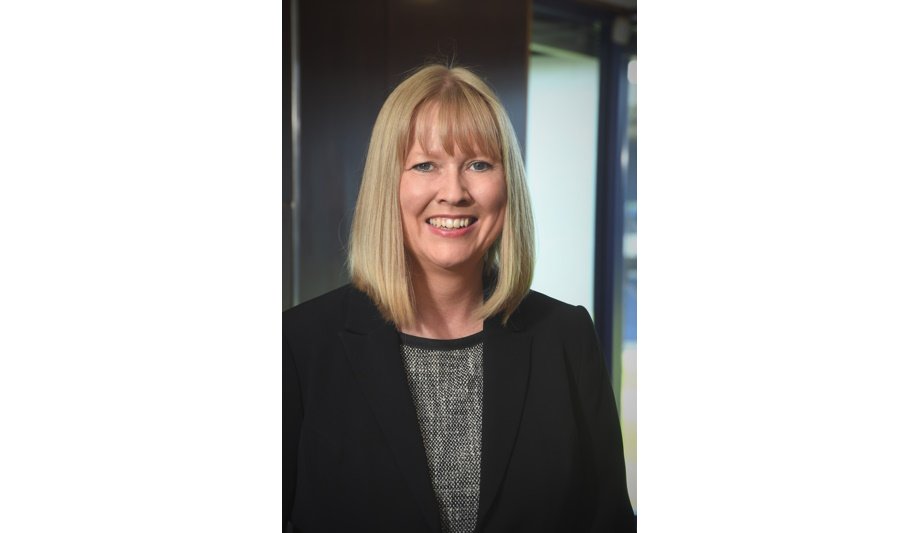Fiona Hodgson, Chief Executive of the Scottish and Northern Ireland Plumbing Employers Federation (SNIPEF), has expressed frustration over the Scottish Government's decision to delay the banning of gas boilers, highlighting the significant impact on the plumbing and heating industry and public confidence.
Author's quote
"SNIPEF has consistently questioned the government's unrealistic targets for phasing out fossil fuel boilers," Hodgson stated. "This delay, although not entirely unexpected after various U-turns at Westminster, significantly undermines the efforts and investments made by our profession to meet these targets and will undoubtedly foster uncertainty in the public's mind."
"While some plumbing and heating companies refrained from investing in new skills and technologies, anticipating a revision of the targets, others, who heavily committed to the transition, are now facing the challenge of managing potential revenue losses."
Better-funded initiatives
The insights and expertise of industry professionals must be actively integrated into the planning process
Looking to the future, Hodgson called for greater collaboration, understanding, and agreement between the government and industry experts. "In setting future targets, the insights and expertise of industry professionals must be actively integrated into the planning process. Balancing political aspirations with realism is crucial to ensure alignment between the relevant professions and the public with Holyrood's aspirations," she advised.
Hodgson also emphasized the need for more substantial support in upskilling within the plumbing and heating profession, contrasting with better-funded initiatives in England.
SNIPEF's commitment
“This period of grace should be used to properly invest in upskilling the workforce, allocating specific funds for developing low-carbon skills essential for the transition to low-carbon heating systems,” she emphasized.
Despite revising the targets, Hodgson reaffirmed SNIPEF's commitment to sustainable practices. "We remain dedicated to championing low-carbon heating solutions and advocating for the necessary support to ensure a seamless transition," she concluded.
















